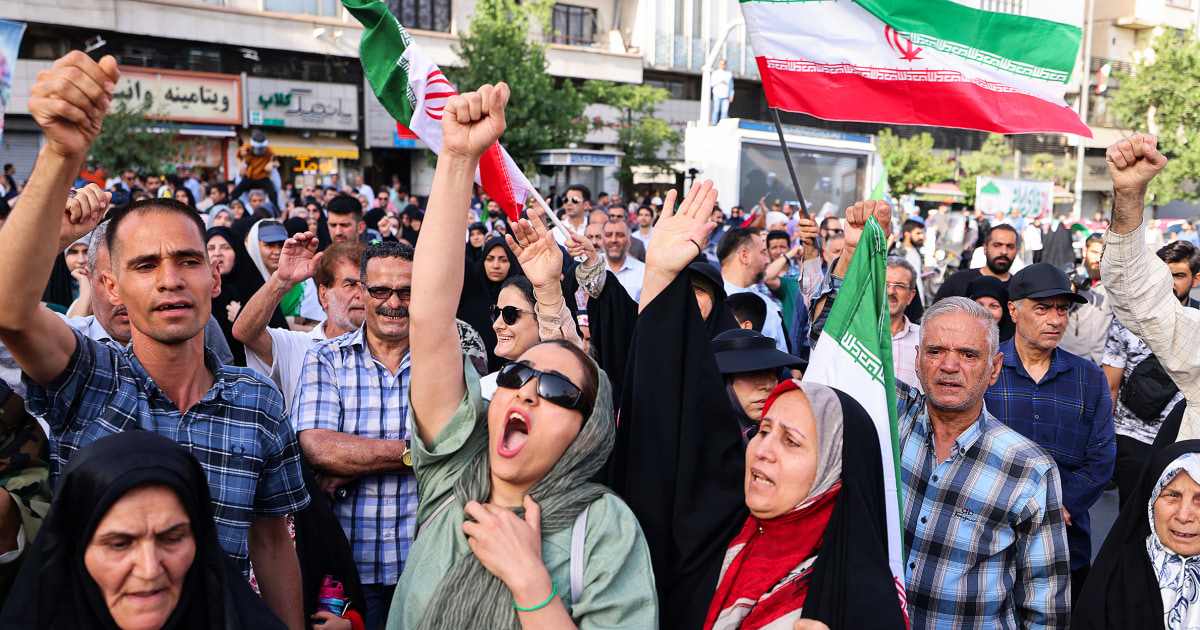China’s vocal condemnation of U.S. and Israeli attacks on Iran signifies its strategic interests in the region, particularly given Iran’s role as a close economic partner. The geopolitical landscape surrounding Iran is complex, and while China has taken an outspoken stance, its actual ability to influence events remains debatable.
### China’s Position on the Israel-Iran Conflict
In collaboration with Russia and Pakistan, China has submitted a draft resolution to the U.N. Security Council that calls for an “immediate and unconditional ceasefire.” This united front shows China’s intent to play a mediating role, reflecting its broader ambitions to project itself as a responsible global leader. President Xi Jinping has added a voice of urgency to the situation, warning of the widespread suffering that could arise if hostilities continue. His remarks aimed particularly at Israel, advocating for a swift cessation of hostilities, indicate a delicate balancing act—offering support to Iran while navigating complex international relations.
### The Economic Landscape of China and Iran
The economic ties between China and Iran are robust, with more than 90% of Iran’s oil exports directed towards China, as reported by Kpler, a company that tracks global commodities data. This dependency on Chinese markets has long served to prop up Iran’s heavily sanctioned economy, solidifying a relationship that is not easily severed. Much of this oil transit occurs through the Strait of Hormuz—a pivotal global shipping route—making any potential disruption a matter of international concern.
Secretary of State Marco Rubio recently urged China to leverage its influence in preventing Iran from obstructing this crucial passage, emphasizing the interconnectedness of international maritime trade and geopolitical stability. The potential for Iran to make unilateral decisions affecting the Strait adds layers of complexity to China’s role in regional diplomacy.
### Media Narratives and Public Perception
Chinese state media reflects a growing critique of U.S. military interventions in the Middle East. An op-ed from Xinhua, China’s state-run news agency, highlighted that escalating tensions serve as a “stark reminder” of the chaos that power politics can foster. This narrative resonates with many citizens, as evidenced by the trending discussions on Chinese social media platforms. Hashtags like “Bombing Iran’s nuclear facilities shattered U.S. credibility” have garnered millions of views, demonstrating a public sentiment that is increasingly critical of American actions in the region.
The backlash against U.S. intervention has sparked conversations around accountability, with commentary such as “They cause the trouble, and we have to clean up the mess” emerging as a reflection of frustrations towards foreign policymakers. This sentiment underscores a growing perception that the West is responsible for destabilizing the region while expecting nations like China to play a corrective role.
### Challenges in China’s Diplomatic Influence
Despite China’s attempts to position itself as a mediator, its capacity to significantly influence Iran’s actions is likely limited. The geopolitical dynamics in the region are influenced by a plethora of actors, each with their interests and agendas. While China can advocate for peace and stability, the complexity of the Israel-Iran conflict and Iran’s internal decisional processes—most notably the influence of the Supreme National Security Council—pose formidable challenges.
As global tensions persist, observations of China’s diplomatic maneuvers towards Iran reveal not only its economic interests but also the intricate dance of power politics. The interplay between regional actors and the response of international powers like the U.S. will shape the future of these relationships in ways that extend beyond the immediate conflict, impacting global stability and economic trajectories.
### Conclusion
While China firmly advocates for peace and stability in the region, its role as a mediator is complicated by both its economic ties with Iran and the diverse interests of other global powers. The ongoing situation invites scrutiny not only of China’s strategies but also of the broader implications for international diplomacy in a rapidly changing world.


